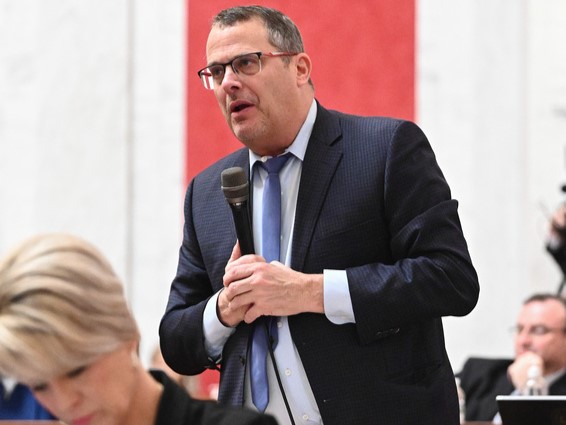Dental hygienists might soon be able to provide their clients tobacco cessation services. But their legal ability to do so first depends on a vote from the West Virginia House of Delegates, after unanimous approval from the West Virginia Senate on Thursday.
Senate Bill 357 places tobacco cessation services within the practice of dental hygienists, given the negative effects tobacco consumption can have on dental health.
Earlier this week, a report released by the American Lung Association found that West Virginia has the lowest ranking possible in tobacco prevention funding and access to tobacco cessation services.
Sen. Vince Deeds, R-Greenbrier, sponsored the bill alongside Sen. Michael Maroney, R-Marshall. Deeds described it as an effort to expand tobacco cessation resources available for West Virginians.
Deeds said that dental providers are particularly equipped to offer insight into the dangers of tobacco consumption and vaping because they see its after-effects frequently.
Dental hygienists “have an opportunity to educate everyone about their dental health,” Deeds said. “They see the side effects from any kind of tobacco, whether it’s the smokeless tobacco or the vapes.”
In particular, Deeds said that the rise in vape consumption among youth and teenagers warrants new educational resources regarding the dangers of smoking.
“Young people are exposed to a lot of tobacco products through vapes,” Deeds said. “We hope that this is an initial step of educating our young people.”
